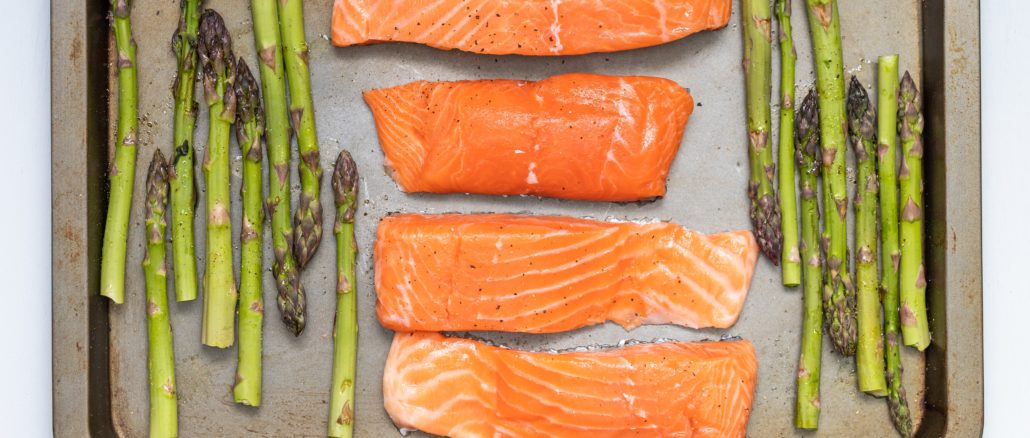
The Mediterranean diet is well known for its physical health benefits and it is now being hailed as the latest weapon in tackling mental health problems.
Researchers at Deakin University have found the diet can help those suffering from severe depression.
They put dozens of patients with major depressive disorders on a Mediterranean-style diet rich in whole grains, legumes, fresh fruit and vegetables, olive oil and nuts.
After 12 weeks of healthy eating, researchers said one third of the participants reported a significant improvement in their mood and symptoms.
The results of the study were recently published in the international journal BMC Medicine.
Professor Felice Jacka, director of Deakin University’s Food and Mood Centre, said the Mediterranean diet had been credited with improving cardiovascular health, reducing the risk of diabetes and increasing longevity.
“We already know that diet has a very potent impact on the biological aspects of our body that affect depression risks,” she said.
“The immune system, brain plasticity, and gut microbiota seem to be central not just to our physical health, but also our mental health.
“And diet, of course, is the main factor that affects the gut microbiota.”
Professor Jacka randomly selected 31 participants to embrace the Mediterranean diet and reduce their intake of sweets, refined cereals, fried food and sugary drinks.
Professor Jacka said people suffering from depression should not replace therapy and drug treatments with the Mediterranean diet.
What is the Mediterranean diet?
- Based on the eating habits of people living in Italy, Spain, Portugal and Greece
- It’s rich in olive oil, vegetables, fresh fruit, wholegrains, nuts and legumes
- Moderate intake of fish, poultry, dairy products and red wine
- Low intake of pasta, red meat, and sugar
- It’s been shown to lower risk of cardiovascular disease, diabetes and cancer
What the study participants ate:
- Per day: Six servings of vegetables, five servings of wholegrains, three servings of fruit, two servings of unsweetened dairy, one serving of raw, unsalted nuts, and three tablespoons of olive oil
- Per week: Three servings of lean red meat, two servings of chicken, up to six eggs, and at least two servings of fish
- Extras: No more than three servings per week of sweets, refined cereal, fried food, fast food and soft drink
- Alcohol: No more than two glasses of red wine a day, only with dinner
SheSociety is a site for the women of Australia to share our stories, our experiences, shared learnings and opportunities to connect.

Leave a Reply